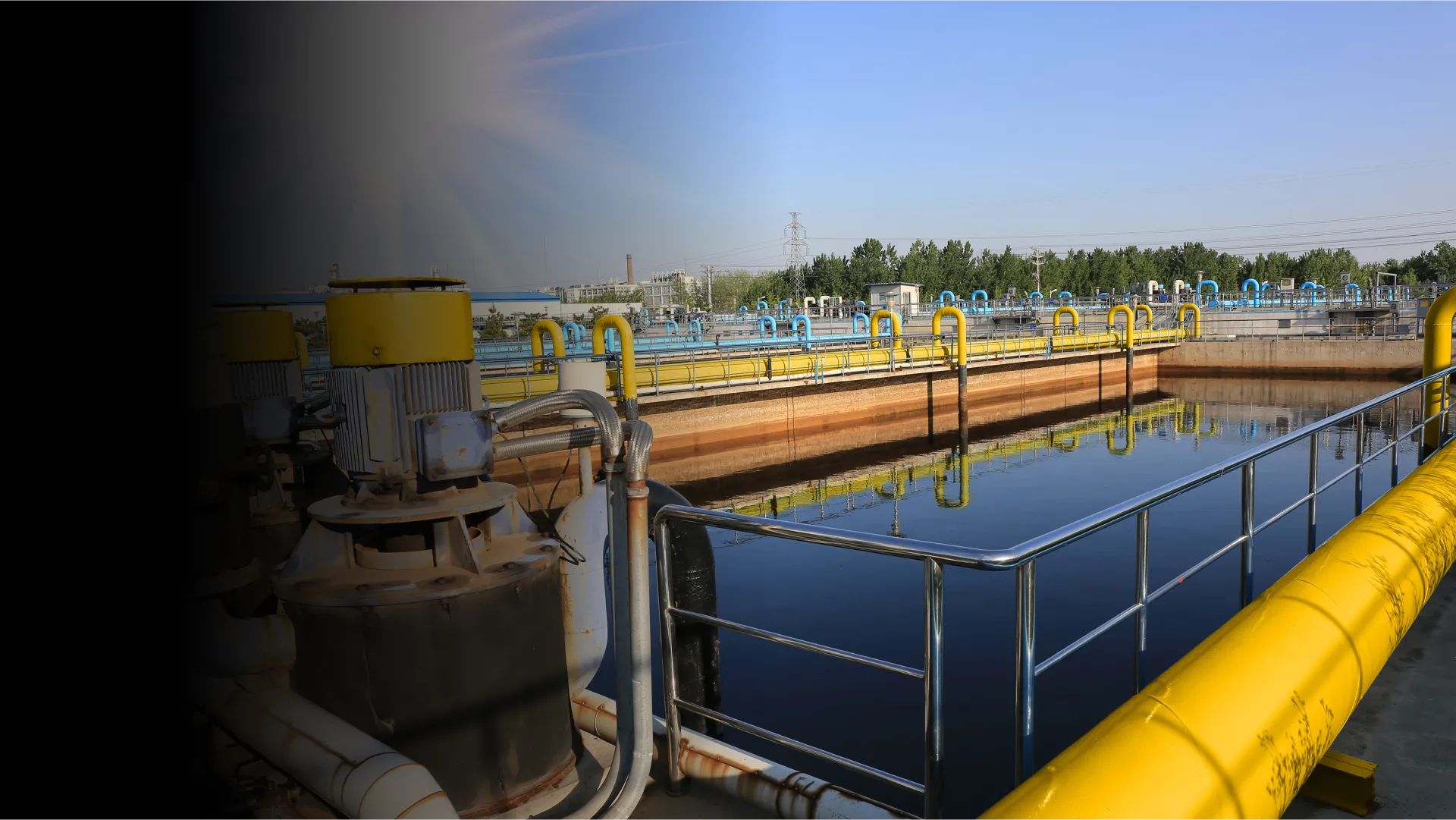Efficiently and Securely Transmitting Data for Monitoring Applications
LEC provides clients with high-quality industrial automation, control engineering, industrial IoT enablement, and cloud platform services. For many companies and communities, LEC’s offering helps to secure a very precious resource: water. LEC continues to enhance its remote monitoring and control capabilities for well, pump, motor, and water usage systems. The company aimed to improve data collection, analysis, and decision-making for its customers. Key stakeholders in this initiative included the technical team, network engineers, and the product development team.
HiveMQ is essential for securing connections to assets in the field and preventing such attacks. This security is crucial for LEC, given our role in serving vulnerable and underserved municipalities."
LEC recognized the need to expand its monitoring application, iQ2. Initially, they partnered with a small company to collect data from Programmable Logic Controllers (PLCs) and send it back to an application. However, as their services expanded, they needed an efficient and cost-effective way to transmit data. The MQTT protocol emerged as a suitable option due to its efficiency, low bandwidth consumption, and secure communication.
LEC selected the HiveMQ MQTT platform as the core component of its infrastructure. HiveMQ offers a wide range of features and capabilities, including redundancy and synchronization. These features were crucial for maintaining the reliability and security of LEC’s infrastructure. HiveMQ's ability to work in a private, tightly controlled, and meticulously monitored environment was essential for secure connectivity across devices.
Donald Francis, Senior Network Engineer at LEC noted, "HiveMQ and the MQTT protocol are not just efficient, but also have a small bandwidth footprint perfect for cellular communications. This allows us to provide our customers with cost-effective solutions while maintaining the highest standards of data security.”
LEC's application relies on redundant data centers and industrialized cellular routers in the field. These routers run their own applications, such as iQ2, which monitor local data and report it securely back to LEC's data centers through HiveMQ.
Deploying HiveMQ was straightforward, and it seamlessly integrated with LEC's existing infrastructure. Thousands of devices are connected through HiveMQ, providing the ability to detect issues quickly and set off alarms and alerts to proactively protect systems. The primary technical challenge was ensuring data security and avoiding downtime. LEC had to set up redundancies within its private network to maintain continuous connectivity and prevent data loss. The risk of downtime was a significant concern due to the public safety aspect of their operations.
HiveMQ Powers Peace of Mind and Public Safety for LEC Clients
HiveMQ and LEC work together to ensure that public safety is a top priority. The technology and services provided deliver secure, real-time monitoring, rapid response to potential issues, and cost-effective solutions. This comprehensive approach contributes to the peace of mind for both water system operators and the public they serve, knowing that their water is being monitored and protected with the highest standards of care.
Adopting HiveMQ allows LEC to enable its customers to monitor well, pump, motor, and water usage systems efficiently. HiveMQ's reliability and security features help prevent system downtime, ensuring that water systems remain operational and safe. In scenarios where public safety is at risk, such as potential contamination or water loss, HiveMQ's quick and responsive data transmission helps LEC and its customers take immediate action to protect public health.
In small municipalities, this has a significant impact on communities. Brian Rosema, VP of IIoT Strategy at LEC, emphasized the importance of HiveMQ in ensuring the security of water systems. He highlighted that LEC approaches water security with the same seriousness as oil and gas security, emphasizing the critical nature of water systems. The layer of security provided by HiveMQ plays a vital role in helping municipalities ensure the safety of their water supply.
“Because of the staffing and budgetary deficiencies water systems are in the news recently due to remote penetration, often because of misconfigured remote access or other security missteps as utilities attempt to get the job done with the resources allotted. HiveMQ is essential for securing connections to assets in the field and preventing such attacks. This security is crucial for LEC, given our role in serving vulnerable and underserved municipalities."
With HiveMQ powering the IQ2 platform, LEC can:
Provide millions of dollars in cost savings for customers leveraging HiveMQ's platform and the MQTT protocol to reduce the cost of data transmission
Save millions of gallons of water via leak detection and management services that have reduced or eliminated wasted water
Reliably connect thousands of devices and sensors
Continuous Innovation for Long-term Resource Protection
LEC's decision to adopt HiveMQ as a fundamental component of its water monitoring services ensures long-term sustainability. LEC plans to expand its offerings by incorporating pressure sensors for water systems to address issues related to water loss and improve detection capabilities. HiveMQ will continue to play a critical role in these expansion efforts.
LEC's adoption of HiveMQ has enabled them to provide secure and reliable connectivity for water monitoring systems, ensuring public safety and preventing water loss. The company continues to expand its services and relies on HiveMQ to maintain the high standards of security and reliability they have set for themselves and their customers. HiveMQ has become an integral part of their infrastructure to deliver security and safety.
“What we provide is a layer of security to help these municipalities understand the safety of their water system. HiveMQ allows us to elevate our own product’s security in the market well beyond current standards and far elevated from what is commonly capable with available staff and resources. HiveMQ helps us deliver a solution to the end customer that keeps drinking water more safe, keeps crap out of their basement, and keeps people feeling secure. We will continue to do our part to help them serve their constituents and keep water safe,” said Rosema.


